A Glimpse into Africa’s Aquatic Jewels: Understanding the Significance of Lakes in Africa
Related Articles: A Glimpse into Africa’s Aquatic Jewels: Understanding the Significance of Lakes in Africa
Introduction
In this auspicious occasion, we are delighted to delve into the intriguing topic related to A Glimpse into Africa’s Aquatic Jewels: Understanding the Significance of Lakes in Africa. Let’s weave interesting information and offer fresh perspectives to the readers.
Table of Content
A Glimpse into Africa’s Aquatic Jewels: Understanding the Significance of Lakes in Africa

Africa, the second-largest continent, boasts a remarkable tapestry of diverse landscapes, and among its most prominent features are its extensive lakes. These bodies of water, scattered across the continent like glittering gems, play a crucial role in shaping the environment, supporting livelihoods, and contributing to the rich biodiversity of the region.
A Diverse Landscape of Aquatic Treasures
The African continent is home to a wide array of lakes, each with its unique characteristics and significance. From the vast expanse of Lake Victoria, the largest lake in Africa by surface area, to the deep, volcanic crater lakes of the East African Rift Valley, the diversity is truly striking.
Major Lake Systems:
- The Great Lakes of Africa: This system, encompassing Lake Victoria, Lake Tanganyika, Lake Malawi, and Lake Albert, is the largest freshwater system in the world by surface area. These lakes are not only vital for the livelihoods of millions but also contribute significantly to the global freshwater reserves.
- The East African Rift Valley Lakes: This series of lakes, formed by the geological activity of the Rift Valley, are characterized by their deep waters, volcanic landscapes, and unique biodiversity. Notable examples include Lake Natron, Lake Turkana, and Lake Kivu.
- The Sahel Lakes: Located in the semi-arid Sahel region, these lakes are often shallow and subject to seasonal fluctuations in water levels. They are crucial for local communities and support a rich ecosystem of adapted flora and fauna.
- The Nile Basin Lakes: The Nile River, the longest river in the world, is fed by numerous lakes, including Lake Tana and Lake Albert. These lakes play a vital role in regulating the flow of the Nile and providing water resources for surrounding communities.
Beyond Geography: The Significance of African Lakes
The importance of Africa’s lakes extends far beyond their geographical features. They serve as:
- Lifelines for Human Communities: Millions of people depend on African lakes for drinking water, irrigation, fishing, and transportation. These water bodies are crucial for agriculture, food security, and economic development.
- Biodiversity Hotspots: African lakes are home to a vast array of endemic species, including fish, birds, reptiles, and amphibians. These ecosystems harbor a unique biodiversity that is essential for maintaining ecological balance.
- Climate Regulators: Lakes play a vital role in regulating local and regional climates. They moderate temperatures, influence rainfall patterns, and contribute to the overall balance of the environment.
- Cultural and Historical Significance: Many African lakes hold deep cultural and historical significance for local communities. They are often associated with myths, legends, and spiritual beliefs, forming an integral part of the cultural heritage of the region.
Challenges and Opportunities
Despite their immense importance, Africa’s lakes are facing significant challenges:
- Pollution: Industrial and agricultural waste, sewage discharge, and oil spills are major sources of pollution that threaten the health of lakes and the livelihoods of people who depend on them.
- Overfishing: Unsustainable fishing practices, including the use of illegal fishing gear, are depleting fish stocks and disrupting the delicate balance of lake ecosystems.
- Climate Change: Rising temperatures and changes in rainfall patterns are impacting water levels, altering lake ecosystems, and increasing the risk of droughts and floods.
- Water Management: Competition for water resources between different user groups, including agriculture, industry, and urban populations, is leading to conflicts and unsustainable water use.
Addressing these challenges requires collaborative efforts from governments, communities, and international organizations. Sustainable water management practices, pollution control measures, and responsible fishing regulations are crucial for safeguarding the future of Africa’s lakes.
FAQs about Lakes in Africa:
Q: What is the largest lake in Africa?
A: Lake Victoria, located in East Africa, is the largest lake in Africa by surface area.
Q: What are the major threats to African lakes?
A: The major threats to African lakes include pollution, overfishing, climate change, and unsustainable water management practices.
Q: How do African lakes contribute to the economy?
A: African lakes contribute to the economy through fishing, tourism, transportation, and agriculture.
Q: What are the unique features of the East African Rift Valley lakes?
A: The East African Rift Valley lakes are characterized by their deep waters, volcanic landscapes, and unique biodiversity.
Q: What is the role of African lakes in climate regulation?
A: African lakes play a vital role in regulating local and regional climates by moderating temperatures, influencing rainfall patterns, and contributing to the overall balance of the environment.
Tips for Understanding the Importance of Lakes in Africa:
- Learn about the specific challenges faced by different lakes in Africa.
- Support organizations working to protect and conserve African lakes.
- Adopt sustainable practices in your daily life to minimize your impact on the environment.
- Educate yourself and others about the importance of lakes and the need for their conservation.
- Support local communities who rely on lakes for their livelihoods.
Conclusion
Africa’s lakes are not merely bodies of water; they are vibrant ecosystems that sustain life, shape landscapes, and contribute to the cultural heritage of the continent. Their importance cannot be overstated, and their future hinges on our collective commitment to responsible stewardship. Understanding the significance of these aquatic jewels and taking action to protect them is essential for ensuring the well-being of people and the environment for generations to come.
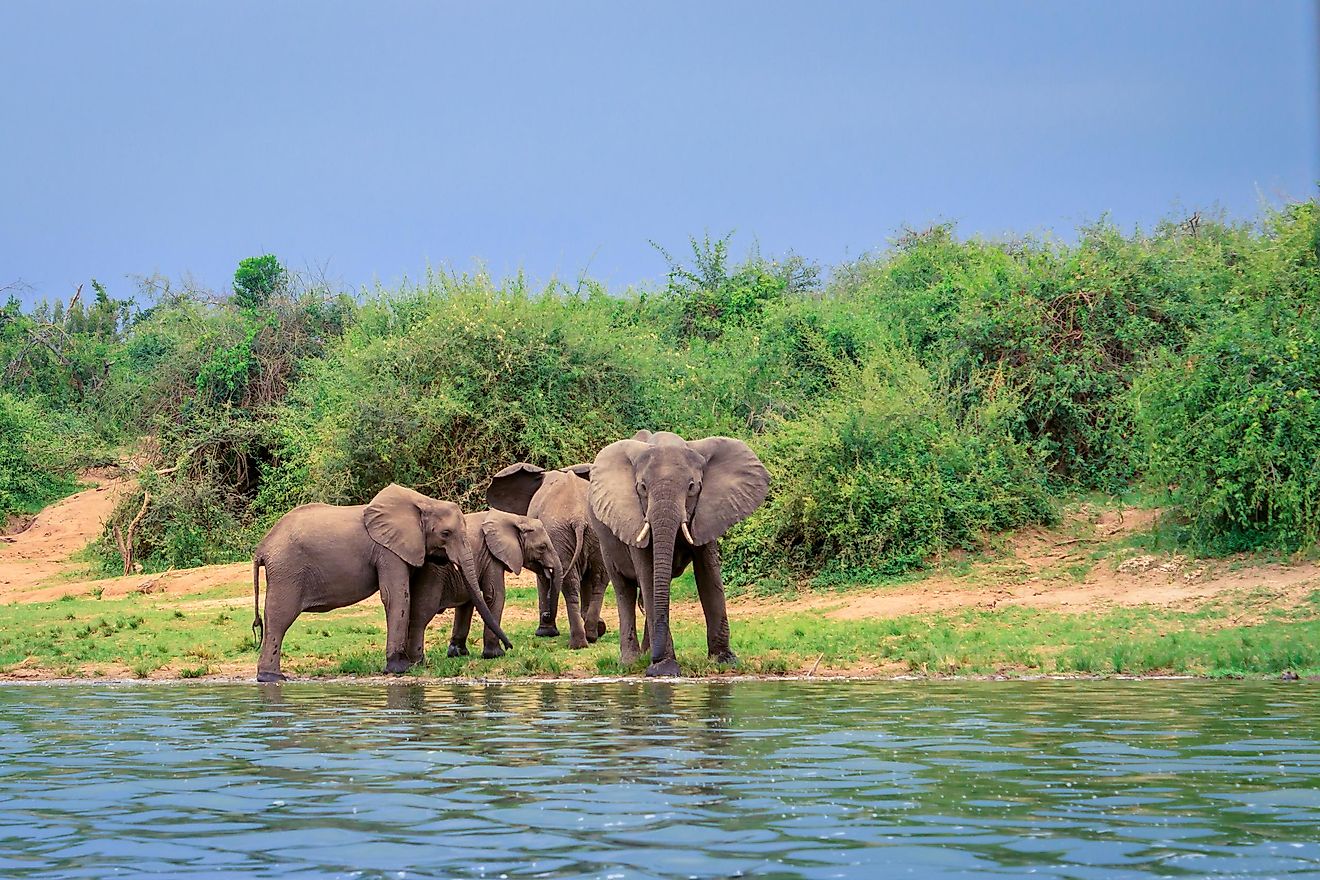
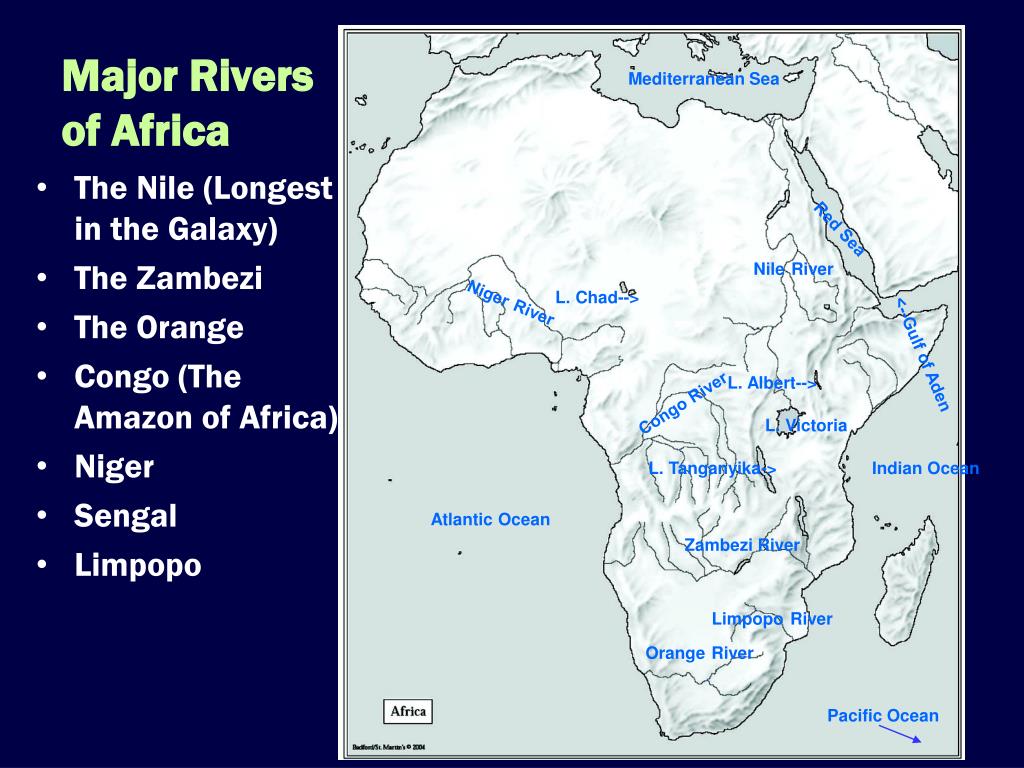


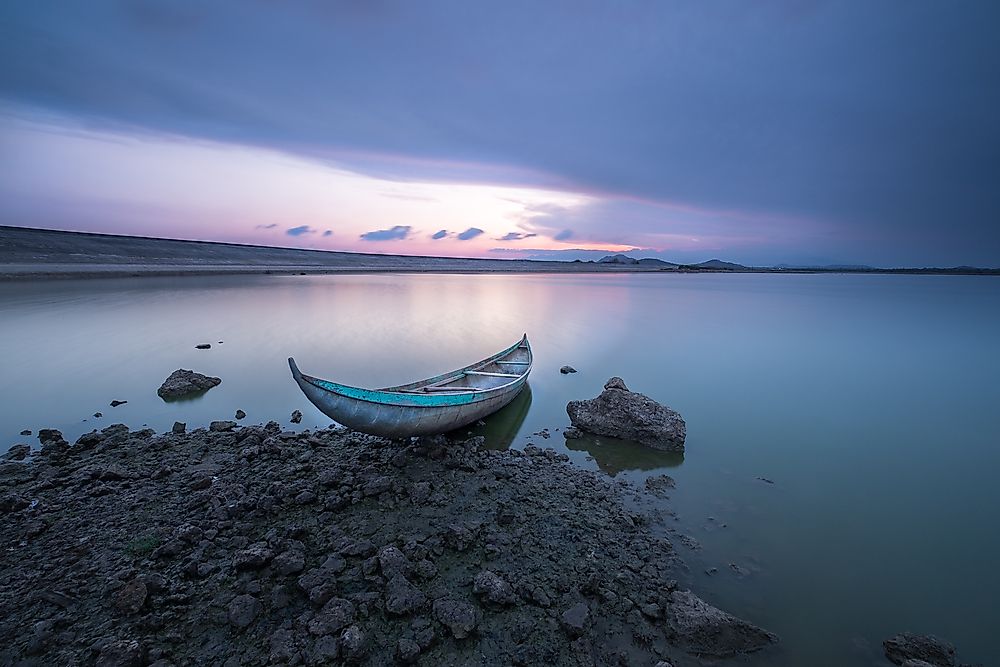

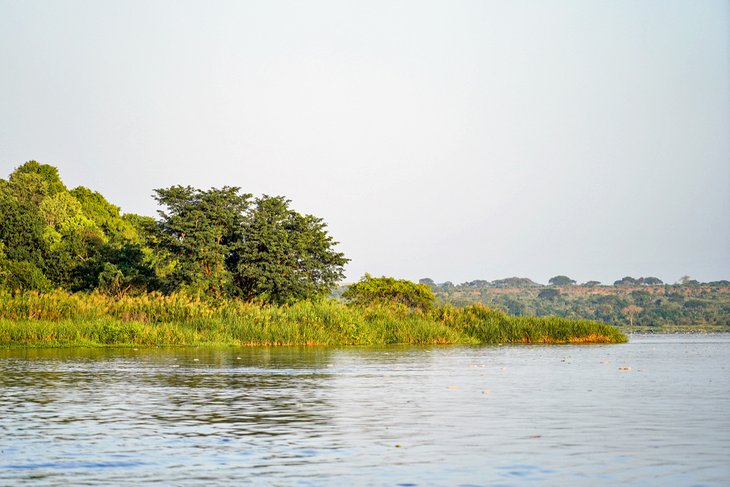
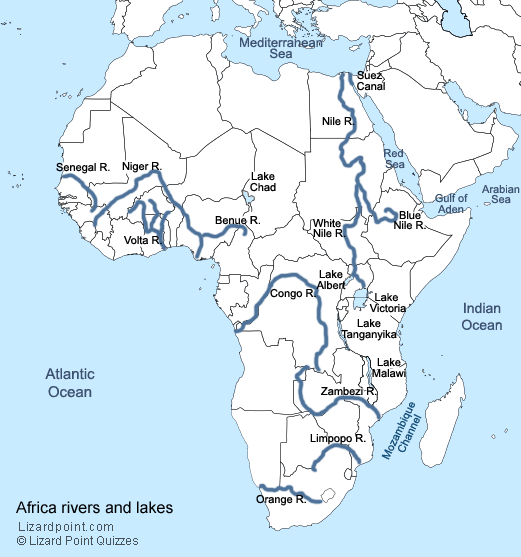
Closure
Thus, we hope this article has provided valuable insights into A Glimpse into Africa’s Aquatic Jewels: Understanding the Significance of Lakes in Africa. We appreciate your attention to our article. See you in our next article!